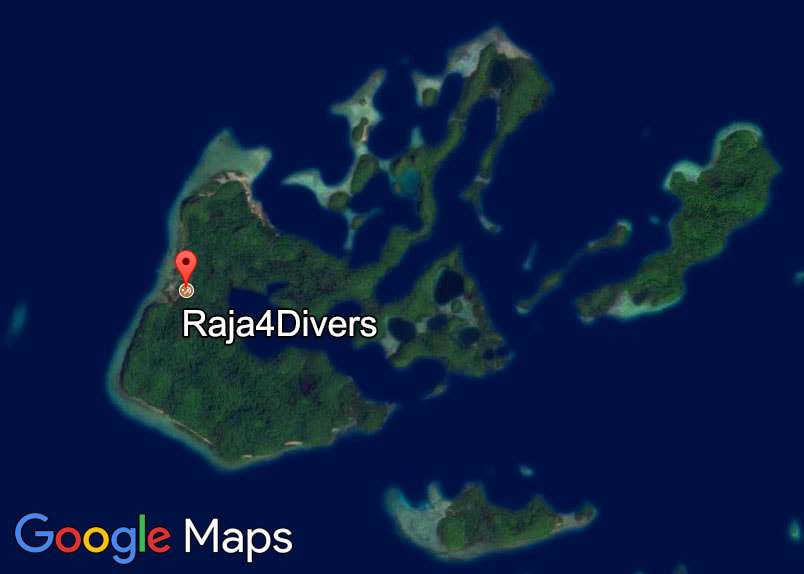|
Too many Christmas cookies!
TalkingWithMangroves is taking a break and will be back with new posts as of mid January 2021, once I'm on Pulau Pef again. In the meantime, why not check out some of the previous posts you may have missed? I wish you wonderful holidays and a happy and healthy new year!
0 Comments
Pulau Pef is nature at its best. It’s pure and wild and lush and in most parts untouched. There is only us and the jungle on the island, no one else. It’s what we all love so much about this place and one of the reasons our guests choose Raja4Divers over other resorts closer to civilization. Being located only 48 km south of the equator, we are within the equatorial belt and therefore not at risk of tropical storms or Tsunamis as you may encounter in other areas of Indonesia. I have also never heard of a big earthquake in the region. And I’m really glad about that! But once in a while, we do get a little storm that can mess the resort up a bit. It apparently happened 2 days ago while I was in cold Switzerland, nicely tucked up in a warm blanket in my heated living room. There was heavy rain and wind on the island and the waves were high enough to wash some sand, coconuts, wood and – yes, unfortunately – also some plastic onto some of the jetties and terraces. There were branches and leaves from the palm trees everywhere. Luckily, we regularly cut the branches and coconuts over buildings, walkways and jetties so as not to put any people in danger! These little storms are usually very short. This week, it apparently happened during the night, which on the one hand is good because there are hardly any people outside. On the other hand, it’s a little difficult to fix things in the dark before they get blown away. But like many times before, nobody was hurt, and nothing was badly destroyed. It just reminds you that we live in the wild and that nature can be very powerful. I sometimes have a tendency to forget this because everything is so well organized and running smoothly in the resort. You have the comfort of feeling one with nature and still enjoy the amenities of modern life to a certain extent. But you can’t have the cake and eat it too, as they say. If you want to hear and feel nature as closely as you do in our open-structure bungalows, you also feel and hear the waves, the rain and the wind. It’s a great experience if you let yourself in for it, lying in your bed with the windows and the sliding doors safely closed and listening to the sound of nature. The power it has is incredible and to feel it so closely is rather impressive.
I know that our buildings and structures are built to withstand the type of weather we have in the area, because we used the knowledge and experience of local people when building the resort. And most of the time, it’s sunny anyway, and there’s only a slight breeze on the island, just as you would expect in paradise. When my friends ask me about the best time to come to Raja Ampat, I always say that any month is a good month. It can be dry and sunny or wet and cloudy any time of the year. December is usually calm and tropical with a little rain every other day or so. But it can also be wet and windy, as we just experienced. That’s probably one of the big differences between my new home and my old one: in Switzerland, weather forecasts are pretty accurate most of the time, whereas predicting the weather for Pulau Pef is very difficult. You just get up in the morning and look outside (or listen) to find out what the weather is like. If I had been in my boss’ shoes ten years ago and someone had shown me this wild and uninhabited island to build a resort on, I would probably have denied. I’m too much of a sissy when it comes to the jungle and wild nature. Not that I’m scared, but I’m just rather meticulous about cleanliness (ask my kids, the poor guys had to put up with a lot of nagging…) and don’t particularly like hermit crabs and sandy floors in my house. You wonder what I’m doing on Pulau Pef, then? Well, the beauty of the island helps me forget the humid clothes, the little creepy-crawlies and the occasional stormy weather. The latter is just part of the deal, just as November rain is part of the deal if you live in Switzerland. The less you think about it, the less it bothers you and the more you enjoy the sunny dry days! For 1½ years now, I’ve been an expat (expatriate = person living abroad). In retrospect, it doesn’t feel that long. Despite the C-crisis, time went by very quickly. And it doesn’t feel very much like expat life, because of the C-crisis, as lately, I have spent a lot more time in Switzerland than originally planned. But maybe it’s more because I never intended to leave Switzerland for good, so I didn’t feel like abandoning everything, but just like working abroad for a certain time. The Raja4Divers adventure was always going to be a few wonderful years of my life, but not the rest of it. Recently, I read an article about a Swiss woman living in San Francisco. She wrote about how she became very patriotic while in the US, much more than she was when she still lived in Switzerland. I noticed the same with my sister living in California. She and her family are part of the Swiss club and have been participating actively in its activities for over 20 years now. They are usually not the type to be members of clubs or sports teams, but it seems that living abroad (which for my sister and her family is home now - actually, they’re not expats anymore, as they’ve had the US citizenship for many years) makes people remember their roots and want to be with their compatriots. Maybe, when you’re away from home, you like to meet people who were brought up more or less the same way as you, who have similar values and who will just understand you without a lot of explanations. As much as we sometimes feel different from our compatriots when living in our home country, we somehow feel close when we are abroad for a longer period of time. Life on Pulau Pef is different from «normal» expat life, if there is any such thing. My boss being Swiss as well, it feels very much like home. Luckily, my Indonesian colleagues add some foreign flavor to my life on Pef. And, of course, the island itself and the beauty surrounding me remind me every day that I am almost on another planet. It is mostly when I go to Sorong that I really feel like a foreigner because life there is so different. I usually want to go back «home» to the island as soon as possible. Funny enough, when the pandemic started and the borders closed down, I had this urge to go home to Switzerland to be with my family. I can’t say why, because I knew that I could not have done much for them and that I was much better off on the island. But, as the woman from San Francisco put it, «We are like children longing to rest on their mother’s lap after a tough day at school.» When times get rough, we want to feel safe at home. During the second half of the year, I ended up spending a lot of time in Switzerland. And I’m glad, even though life on the island was much easier, less restricted and a lot more fun. But in Switzerland, everything feels so familiar and I know my way around, even though everything is different at the moment for obvious reasons.
For now, I don’t know yet how much longer I will be an expat. But I know that one day, I’ll want to go back to Switzerland. I think, it’s the place I want to grow old in. It’s where my roots are and where I feel most comfortable. Oh dear, I’m getting older! I never would have felt like that at the age of 20. I always wanted to travel the world and hopefully live and work abroad one day. It took a while to happen, but now I’m doing it and thoroughly enjoying this experience. I consider myself very lucky and don’t want to give the impression of being ungrateful for my life, especially in times like these. But a statement I read in another article about expat life sums it up pretty well: «In heaven, but missing home». And then, soon after I’m back in Switzerland, I start missing Pulau Pef and its people. First world problems, I know… With the current Corona crisis affecting our economy dramatically, many people around the world are worried about losing their jobs or even their whole existence. In Switzerland, psychological illnesses have increased or worsened considerably since the outbreak of Covid-19 and more people are seeking help with psychologists or in psychiatric clinics. There also seems to be reason to believe that suicidal tendencies are rising and will continue to rise the longer the crisis lasts, especially within the group of young people. How do my Indonesian colleagues react to the crisis? The answer needs differentiating. Whereas my colleagues from Jawa, Bali and other areas of Indonesia are following the news very closely and worry at times about their families and friends, Papuans never gave me the impression they were really worried about this virus. You may say that they might not understand the whole impact on a bigger scale, and you may be right. But we do inform them widely and regularly, so they know what’s going on. And they feel the consequences of the crisis on a personal level, since they only get a part of their salary and haven’t seen any guests for 8 months now. And yet, they don’t seem to worry. On the one hand, it may have to do with the fact that they still have a job, good food and something to do whereas most of their friends and family don’t. But, more importantly, they don’t have that much to lose. They have always had to deal with illnesses and have a different approach to illness and death. It’s always been part of their life, so why the big fuss around Corona? Every once in a while, we have to let go an employee because he crosses a line that is unacceptable. It just happened again very recently, and I simply cannot understand why they risk losing such a good job for – in my eyes – a very stupid reason. With my western mentality, I feel that an employment with Raja4Divers must be like winning the lottery for someone in Raja Ampat. And I know that many, especially young men, want to come and work for us. So why do they risk losing it all? Because, for one, they don’t think about the future. But also beacuse they don’t consider losing a job such a tragedy. Even if they’re the only ones making any money for the entire family or village. They may have a garden they can live off, go fishing and get some rice somewhere. It always works out somehow. As proud as they may be of their job at Raja4Divers (and they are very proud, I know that!), they don’t attach that much importance to a job or a position as we do. It doesn’t define who they are, it just pays money. And if they are lucky, they enjoy doing what they do, e.g. as a dive or snorkelling guide. It’s a pity to lose good people, and the one we just lost, was a good one. We invest time and money in our employees, as any good company would, and hope they will stay for a while. But nothing is guaranteed, so we have to start all over again with someone new. You would think that word will get out and potential employees would hear about this and not make the same mistake if they get hired. But unfortunately, they forget after a while and think they will not get caught. It reminds me a little of my children when they were small. They always thought I wouldn’t find out when they did something wrong. Too bad for them, I always did!
As much as I love and admire the happy-go-lucky mentality of our Papuan employees, it sometimes makes me sad. I wish I could make them see what they risk losing. That they would have a perspective in life with Raja4Divers and a second family that really cares for and about them. But I guess, that’s a very western view of things again… |
#TalkingWithMangrovesI never even dreamt of working on a remote island in Indonesia, but life has a way of taking care of itself… Archives
May 2021
|
LocationPulau Pef - Raja Ampat - Indonesia
|
Follow Us
Our Office in SorongJl. Gagak No.7 B, Km 7 Gunung, RT.001 RW.002
Kelurahan Malengkedi, Remu Utara PO Box No.130 Sorong 98416 – Papua Barat - Indonesia Phone +62 (0)811 485 7711 |
Rates and information are subject to change without notice. Terms and Conditions apply. All rights reserved.
Imagery is copyrighted and may not be used without express permission and written consent.
Images and videos of the following photographers / videographers were used for this website:
Barbara Moll, Claudia Peyer, Pere Rubio, Thomas Haider, Filip Staes, Christian Kaufmann, Dos Winkel, Duri Mayer, Jürgen Freund,
Daniel Brinckmann, Amanda Künzle, Joram Zimmermann, Ramon Sibold, Roman Keller, Barbara & Markus Aichinger, Fabienne Hadorn, Andreas Hadorn,
Armin Keller, Marcel Rudolph, Sabrina Inderbitzi, Peter Löseke
© 2024
Imagery is copyrighted and may not be used without express permission and written consent.
Images and videos of the following photographers / videographers were used for this website:
Barbara Moll, Claudia Peyer, Pere Rubio, Thomas Haider, Filip Staes, Christian Kaufmann, Dos Winkel, Duri Mayer, Jürgen Freund,
Daniel Brinckmann, Amanda Künzle, Joram Zimmermann, Ramon Sibold, Roman Keller, Barbara & Markus Aichinger, Fabienne Hadorn, Andreas Hadorn,
Armin Keller, Marcel Rudolph, Sabrina Inderbitzi, Peter Löseke
© 2024

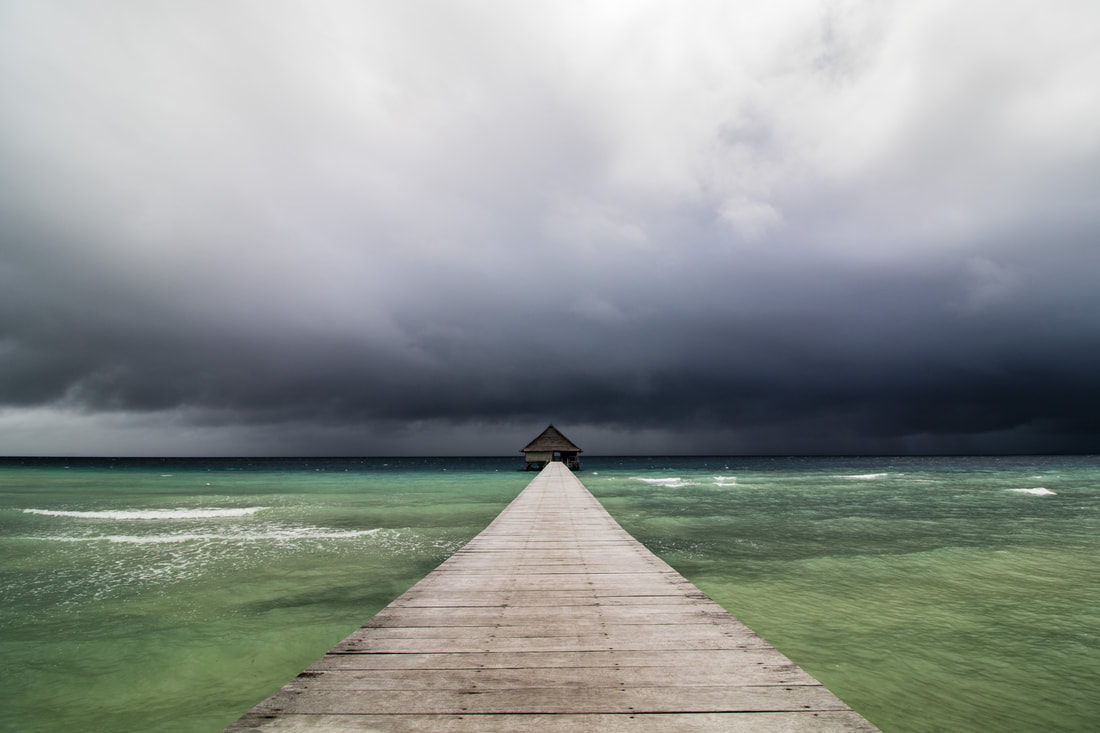
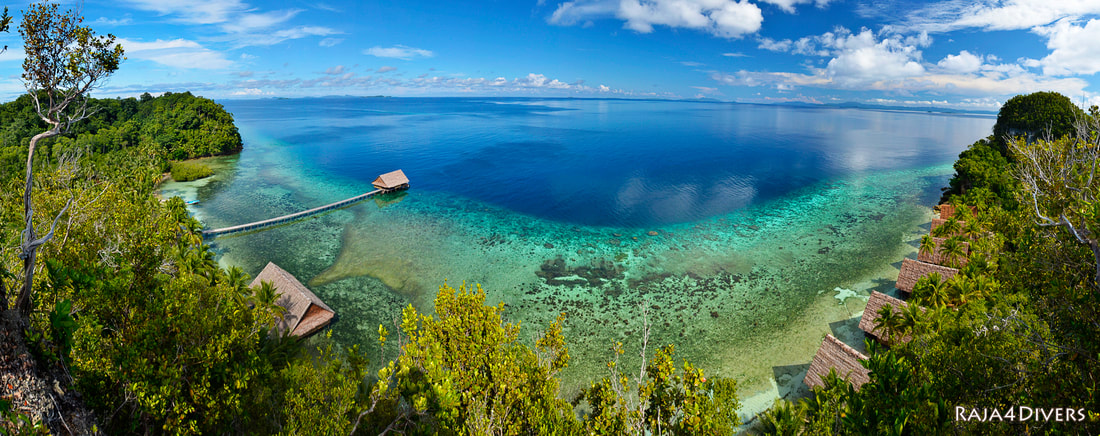
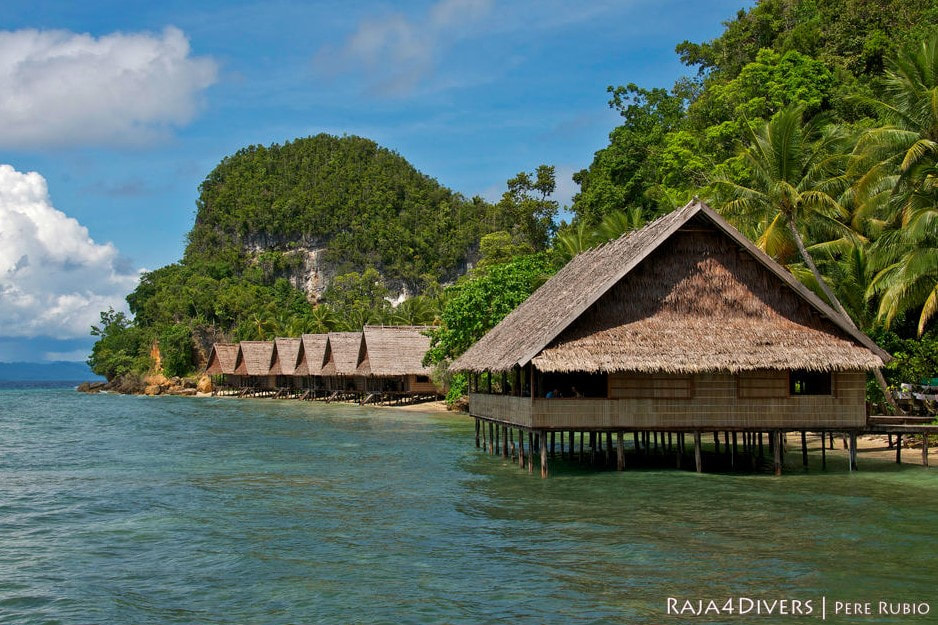
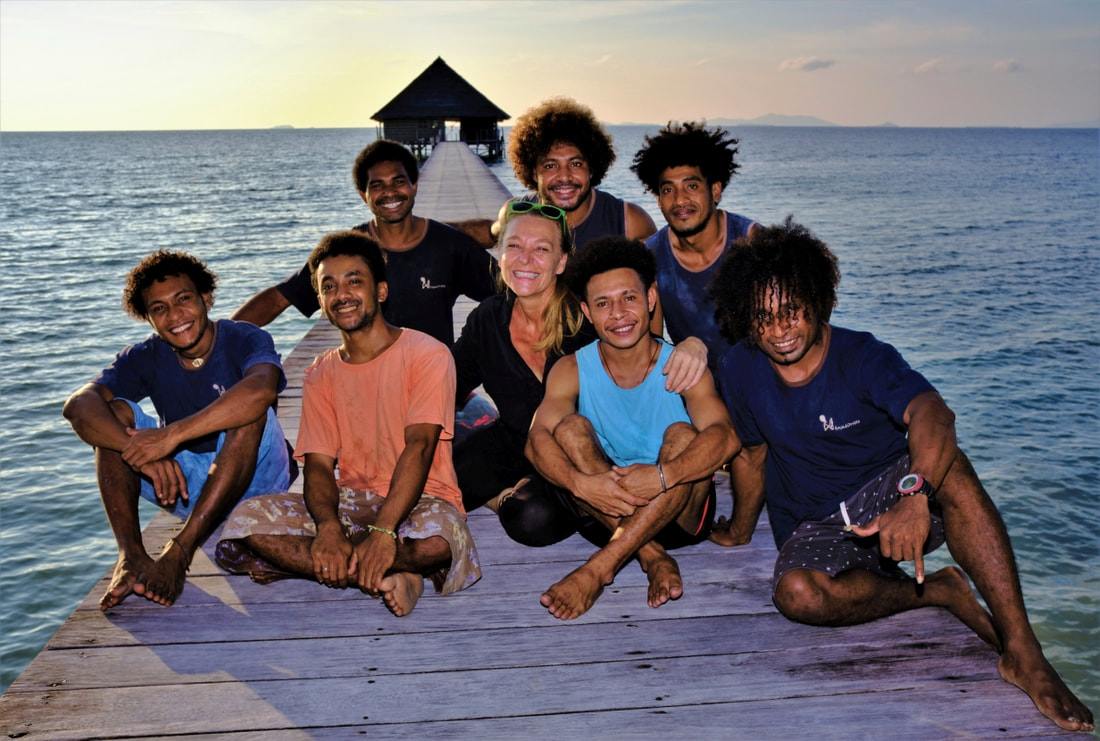
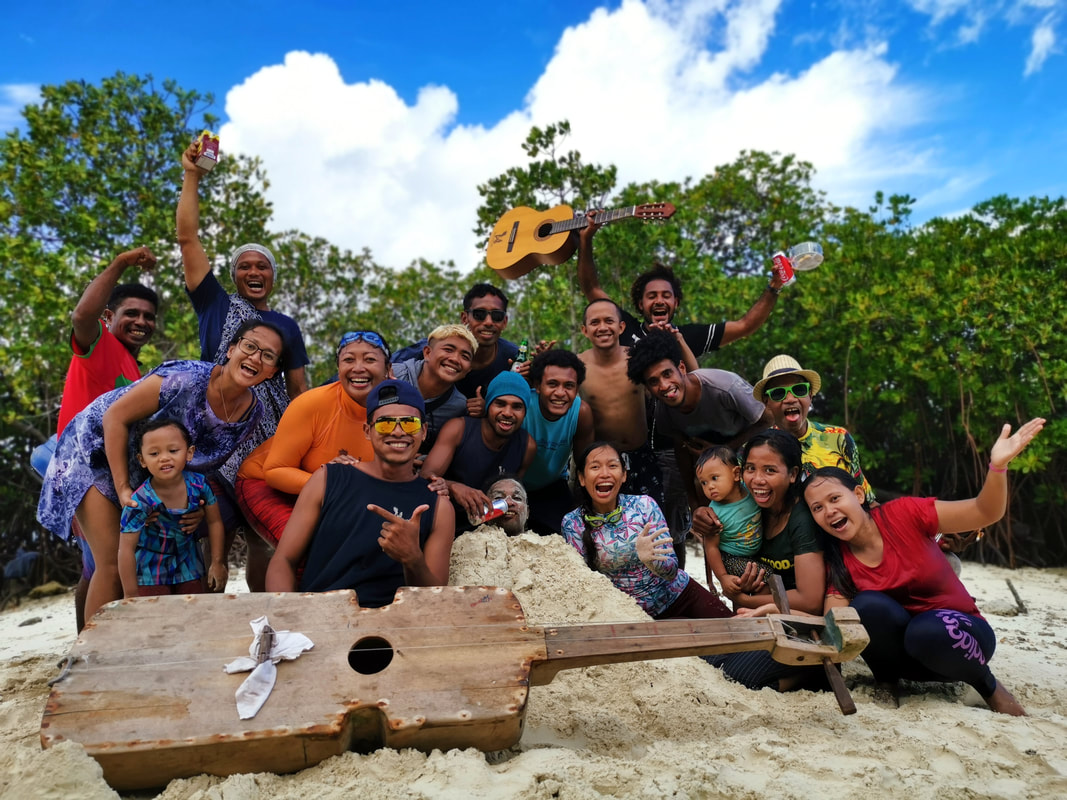
 RSS Feed
RSS Feed

